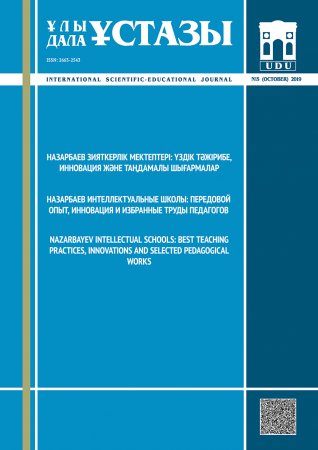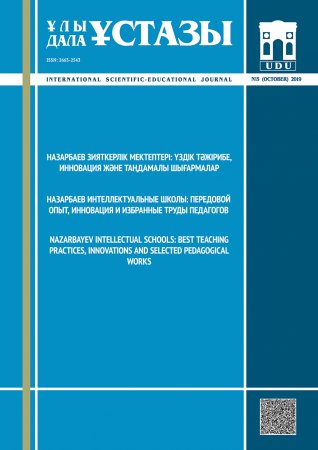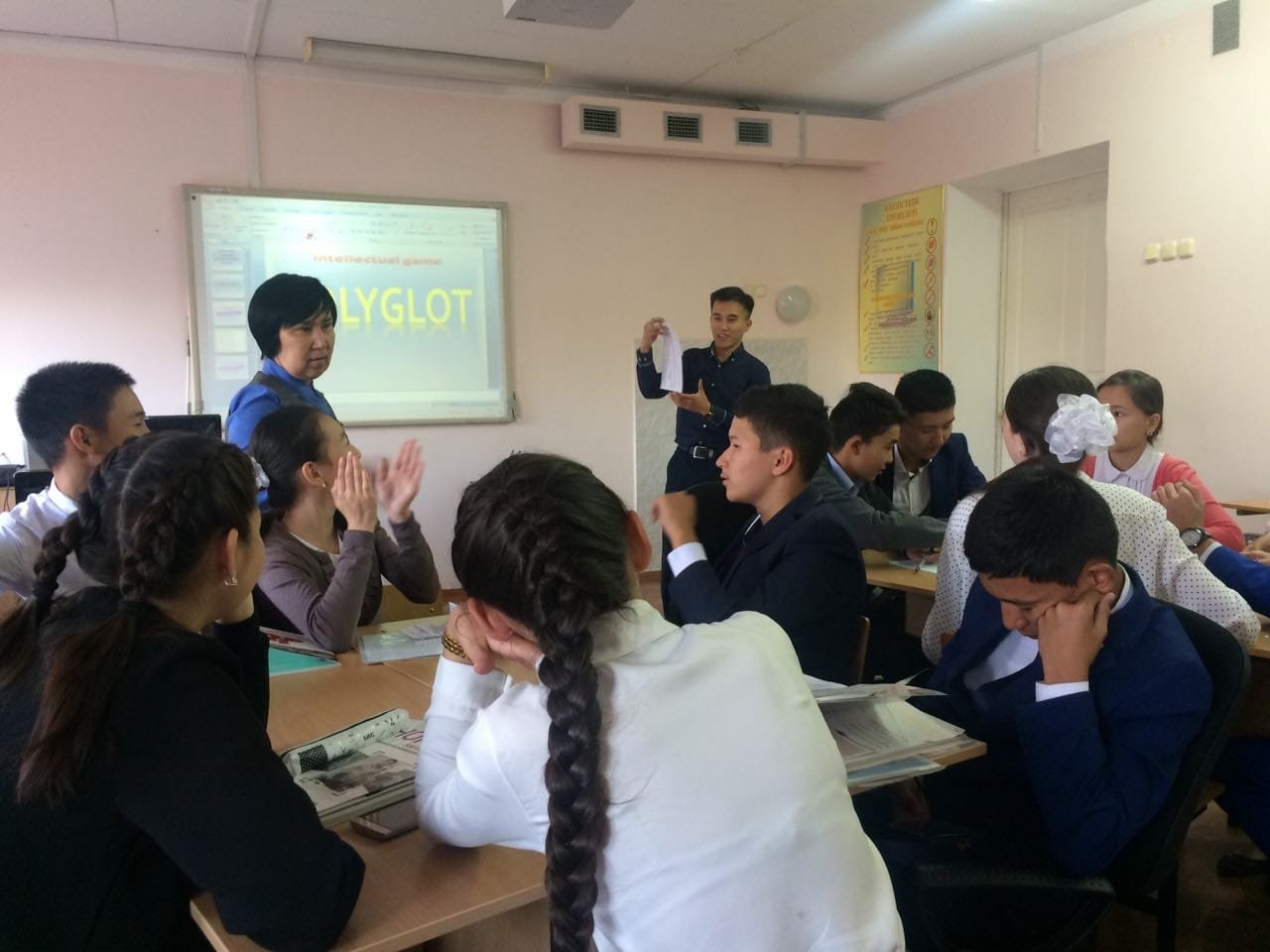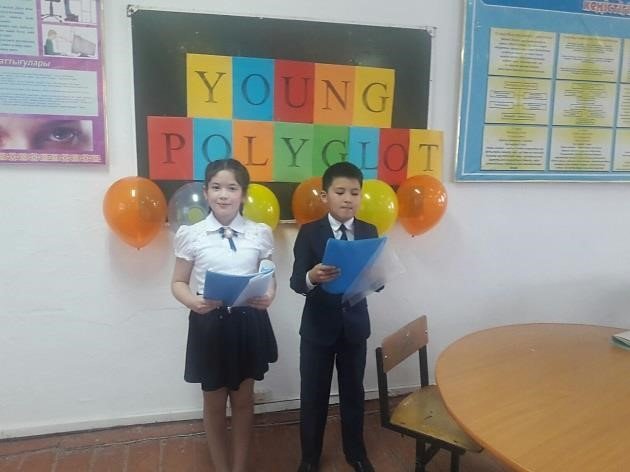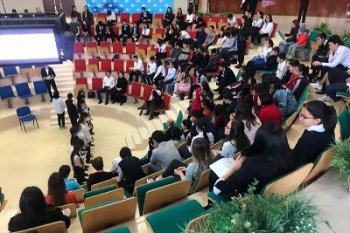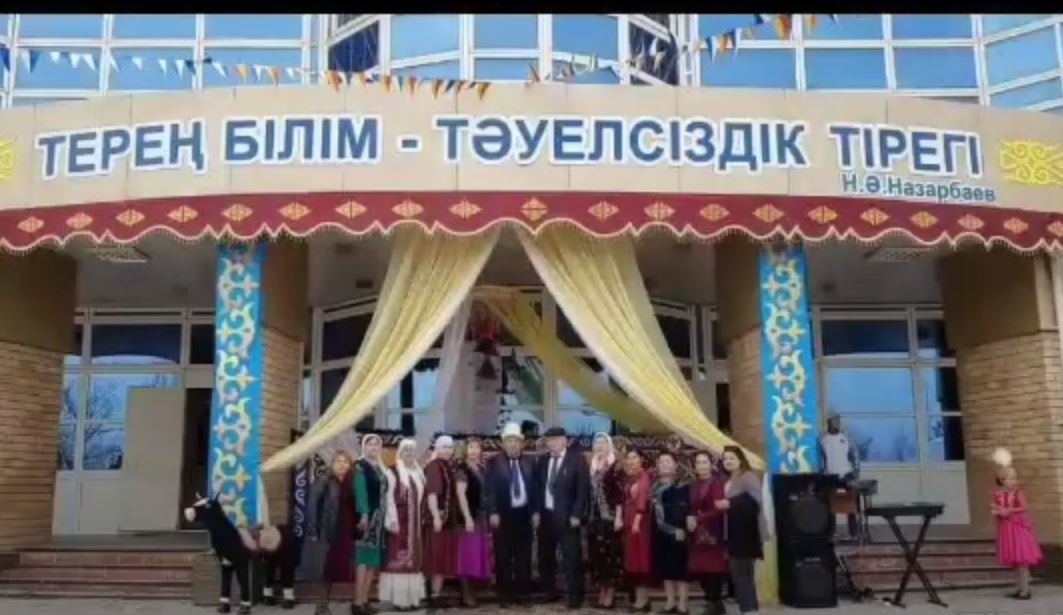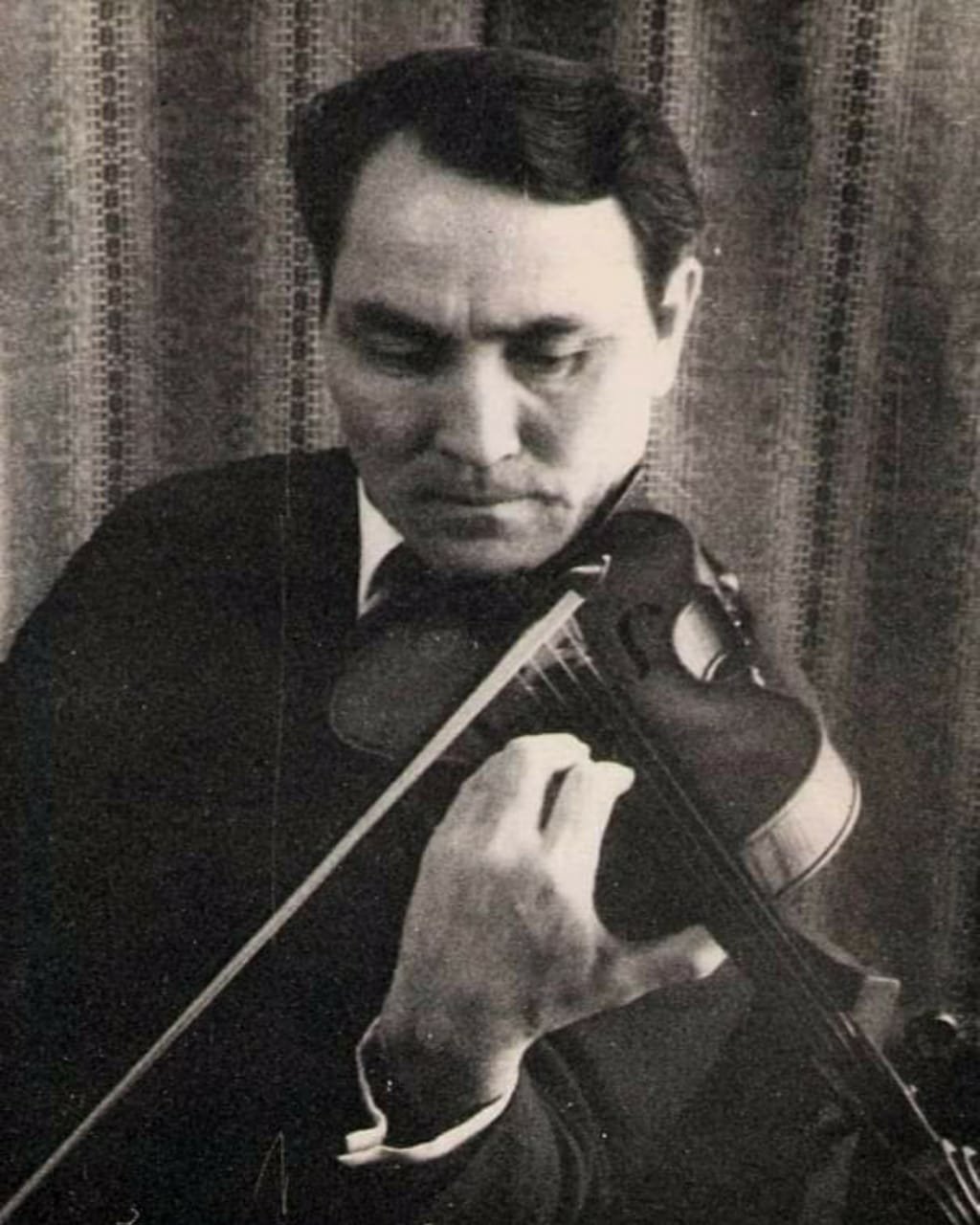Difficulties that Kazakh and Russian speaking learners face in academic writing
Undoubtedly, nowadays learning English has become relevant not only in Kazakhstan, but in other developing countries as well. The Leader of Nation and the First President of Kazakhstan Nursultan Nazarbayev mentions in his interviews the importance of acquiring a foreign language, namely English in education process for the development of the republic. He stated, “Why is it necessary to learn English? Because the whole progressive world communicates in it. This is the language of science and technology. It conducts most of the research in economics and business. Proficiency in English opens up great prospects for a person”. According to Nursultan Nazarbayev’s approach the purpose of the language policy in Kazakhstan is the integration of the Republic into the world community and, as a consequence, the rise of science, economy and the socio-cultural component of the country.
A generation of modern students sees the applied benefits of English proficiency both in the field of the future profession and in the domestic sphere such as leisure, travel, communication and etc. These factors contribute to a sufficiently high motivation to learn foreign languages among majority of the students. The efforts applied to the study of the language, first of all, have a positive effect on mastering the language for general purposes in the form of oral speech. The formation of sustainable writing skills, especially for situations of professionally oriented communication, is slower and requires more effort. Academic writing has been a crucial area of research in TESOL (Teaching English to Speakers of Other Languages) field. The underlying rationale could be the manifest increase of academic writing significance as students move to a higher level of education. Bjork and Raisanen (1997, p.8) believe that the essence of writing lies on the fact that it is "a thinking tool. It is a tool for language development, for critical thinking… for learning in all disciplines.
Academic writing challenges
Writing could be a difficult skill to be learnt or taught due to the fact that it is not a simple cognitive activity; rather it is believed to be a complex mental production which requires "careful thought, discipline and concentration" (Grami, 2010, p. 9). Academic writing is not an easy skill to be achieved especially in a second language. As a teacher of English, I have experienced that the most of my students find academic writing challenging. According to the English Subject Programme of the Nazarbayev Intellectual Schools which has been developed by Nazarbayev Intellectual Schools (NIS) in collaboration with Cambridge Assessment International Education, high school students (11th grade) are required to take IELTS (The International English Language Testing System) and SAT (Subject Assessment Test) prior to entering universities. Hence, I have started implementing IELTS writing tasks in my lesson plans and found out the aspects that led to the academic writing barriers. Kazakh and Russian speaking students while writing, struggle with differentiating between written and spoken words and phrases, reviewing grammar including subject-verb agreement and joining sentences together to make a coherent paragraph. Moreover, generating ideas about their topics is be also a barrier that
hinders students to move on in their writing. When the students are asked to write an essay as a home task, they just copy and paste instead of varying and paraphrasing sentences with synonyms.
Factors causing the academic writing complications
I assume that the reasons of ESL (English as a Second Language) speaking learners’ weak academic writing skills are the non-english speaking environment and lack of linguistic background. Since a person perceives a foreign language through his mother tongue, errors that are made by a learner is explained by a certain difference of a grammar structure between native and studied languages, and interlanguage interference of a mother tongue is manifested at all levels – phonetic, lexical and grammatical. Methodologists have long known that the cause of the occurrence of grammatical interference is the transfer of the rules of functioning of the grammatical units of one language to approximately the same chains of grammatical units of another language, or the absence of rules that are mandatory for one language in the grammar of another (Teplova L.I, 2019. Branch of Moscow State University named after M.V. Lomonosov, c. Sevastopol).
Types of errors kazakh and Russian speaking learners make
When ESL learners speak or write in English, they use the same structure of a language pattern from their mother tongue. Thus, this leads to the following errors:
the wrong word order in affirmative sentences; for example, yesterday happened an earthquake ( an earthquake happened yesterday)
wrong word order in interrogative sentences; for instance, how they made up? (how did they make up?) Students often omit auxiliary verbs.
errors in the construction of phrases are demonstrated, in particular, the incorrect use or omission of prepositions in verb phrases, which is caused by inconsistencies of transitive and intransitive verbs in Russian and English; an example is it affects on nature (it affects nature) or wait me (correct: wait for me); as in Russian the preposition on is not present in this sentence, Kazakh and Russian speaking students miss prepositions quite often
the distinction in the management of verbs-synonyms; There’re two things I love doing; listening to music and helping to people (correct: There’re two things I love doing; listening to music and helping people ). The learners get confused when to use prepositions and when not.
Another type of error is the omission of language units. Students try to build sentences in English, skipping those elements that are not in Kazakh or Russian. This refers to the tense verb forms in the present tense. For example, I prefer hiking because the mountains beautiful and breathtaking (correct: I prefer hiking because the mountains are beautiful and breathtaking )
Conclusion
Author:
Natenova Amina Timurovna
English Language teacher
Nazarbayev Intellectual School of Physics and Mathematics in Almaty
